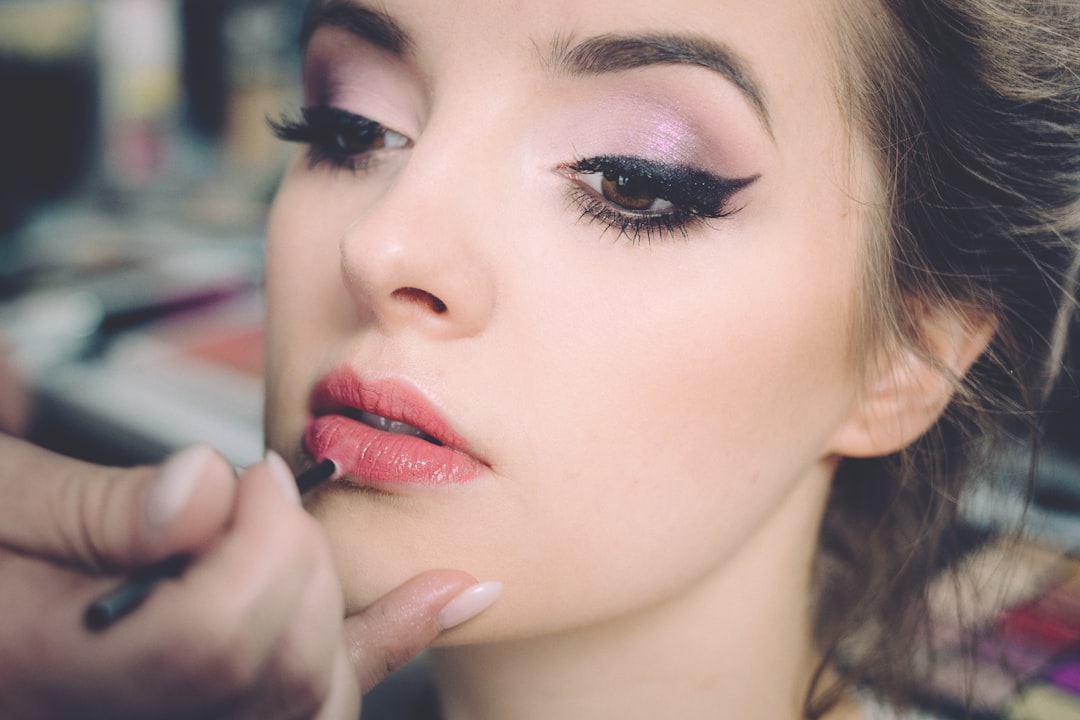

Immediately after waxing, it is crucial to avoid touching the freshly waxed area to prevent irritation and infection. Get the best hard wax products from Wax Wax. (Avoid) wearing tight clothing or engaging in activities that may cause sweating for at least 24 hours post-waxing. where to buy hard wax (Remember) not to apply any perfumed products, such as lotions or creams, to the waxed area as they can cause further irritation. It is also recommended to avoid hot showers, saunas, and sun exposure immediately after waxing to prevent skin damage. By following these immediate aftercare steps, you can ensure a smooth and successful waxing experience!
Ideal for sensitive areas
Waxing is an effective method of hair removal that offers a range of benefits, including less irritation compared to shaving.
Proper post-wax care is crucial to maintain smooth and healthy skin after a waxing session. Neglecting this step can lead to irritation, ingrown hairs, and other skin issues that can be uncomfortable (and unattractive). By following the right post-wax care routine, you can ensure that your skin stays soft and free from unwanted side effects!
Yes, when you wax, it also helps exfoliate dead skin cells leaving your skin feeling softer and smoother.
Women are not the only ones who can benefit from waxing!
4. What precautions can be taken if sun exposure cannot be avoided after waxing?
Waxing is the process of hair removal from the root by using a covering of a sticky substance, such as wax, to adhere to body hair, and then removing this covering and pulling out the hair from the follicle. New hair will not grow back in the previously waxed area for four to six weeks, although some people will start to see regrowth in only a week due to some of their hair being on a different human hair growth cycle. Almost any area of the body can be waxed, including eyebrows , face, pubic hair (called bikini waxing or intimate waxing), legs, arms, back, abdomen, chest, knuckles, and feet. There are many types of waxing suitable for removing unwanted hair.
Contrary to popular belief, waxing does not lead to faster hair growth. In fact, it can actually slow down the regrowth process. When hair is removed from the root during waxing, it takes longer for new hair to grow back because it needs to regenerate and develop a new root. This means that you can enjoy smooth skin for a longer period of time before needing another waxing session.
Possible side effects may include redness, irritation, or ingrown hairs. It is important to follow proper aftercare instructions provided by your esthetician to minimize these risks.
Waxing is the process of hair removal from the root by using a covering of a sticky substance, such as wax, to adhere to body hair, and then removing this covering and pulling out the hair from the follicle. New hair will not grow back in the previously waxed area for four to six weeks, although some people will start to see regrowth in only a week due to some of their hair being on a different human hair growth cycle. Almost any area of the body can be waxed, including eyebrows , face, pubic hair (called bikini waxing or intimate waxing), legs, arms, back, abdomen, chest, knuckles, and feet. wax without strips There are many types of waxing suitable for removing unwanted hair.
Frequently Asked Questions
Waxing is the process of hair removal from the root by using a covering of a sticky substance, such as wax, to adhere to body hair, and then removing this covering and pulling out the hair from the follicle. New hair will not grow back in the previously waxed area for four to six weeks, although some people will start to see regrowth in only a week due to some of their hair being on a different human hair growth cycle. professional hard wax beads Almost any area of the body can be waxed, including eyebrows , face, pubic hair (called bikini waxing or intimate waxing), legs, arms, back, abdomen, chest, knuckles, and feet. There are many types of waxing suitable for removing unwanted hair.
Failing to soothe and care for the skin after waxing
Tips for Waxing with Sensitive Skin

Waxing can also help in weakening the hair follicle over time, making the regrowth finer and softer.
Opt for a gentle, fragrance-free moisturizer that is suitable for sensitive skin to hydrate and soothe your skin after waxing.
2. Does waxing cause ingrown hairs?
Soft waxes require a strip to be placed on top and then removed with a quick pull, while hard waxes harden on the skin and are peeled off without the use of strips.
Professional Waxing: On the other hand,on another note(On another hand,), professionals usually use high-quality products and know how to adjust temperatures to avoid burning your skin!
Moreover, consider taking an over-the-counter pain reliever like ibuprofen 30 minutes before your appointment to help manage any discomfort. However, always consult with a healthcare professional before taking any medication.